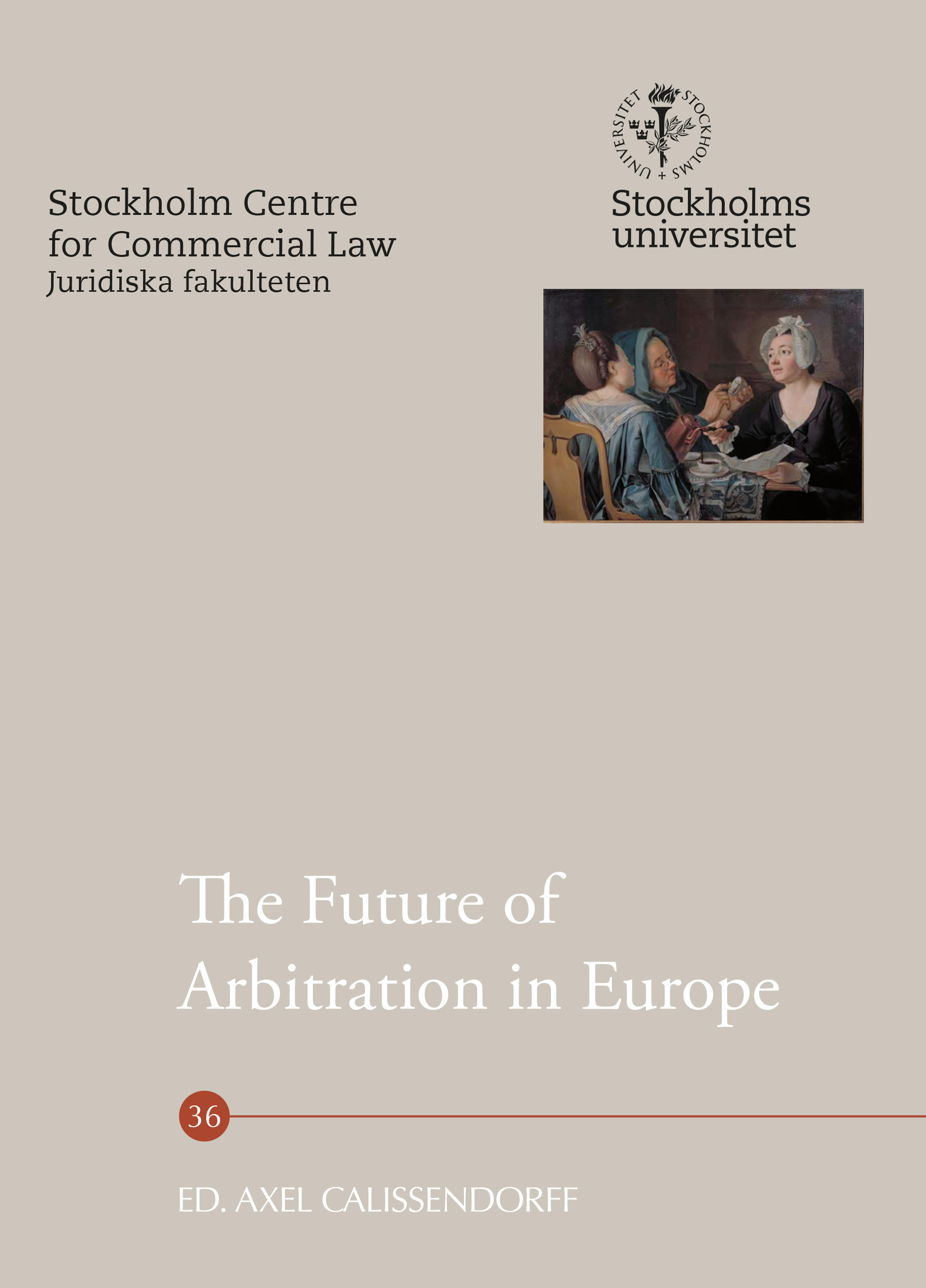Achmea’s Distinction between Investment and Commercial Arbitration
Abstract
The Achmea decision’s possible effects on intra-EU investment arbitration, and particularly the uncertainties that it raises, have been brilliantly and extensively explained by Lucy Reed. I do not have much to add to her presentation. I have therefore decided to examine the basis upon which the Court of Justice of the European Union (“CJEU”) concluded that investment arbitration does not ensure a uniform application of EU law and that therefore arbitration agreements contained in intra-EU investment treaties are not valid and binding. The basis for this conclusion may turn out to have effects well beyond the field of intra-EU investment arbitration.
The CJEU’s conclusion is based on a distinction that the Court makes between investment and commercial arbitration. This distinction was necessary because, in its previous practice, that regarded commercial disputes, the Court had never expressed that disputes regarding matters of EU law are not arbitrable. In the Achmea case, however, the Court says that its practice of accepting the arbitrability of disputes regarding the interpretation of EU law refers only to commercial disputes, and not also to investment disputes.
The distinction the Court makes in this context between commercial and investment disputes, however, does not seem convincing. If the distinction is not acknowledged as solid, there is a risk that the Court in the future extends to commercial arbitration its conclusion that disputes regarding the interpretation of EU law are not arbitrable. Extending to commercial disputes the Court’s verdict of inarbitrability would have detrimental effects for arbitration as an effective means for dispute resolution in Europe, as a large number of disputes assumes interpretation of EU law.


